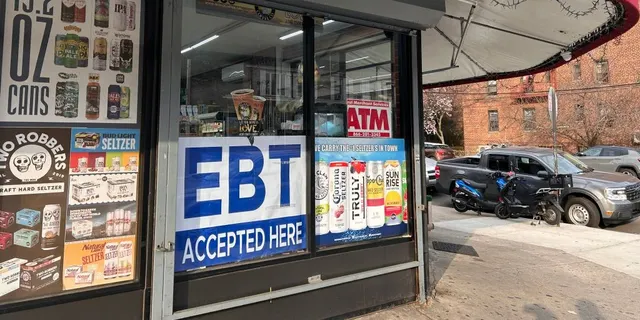The Biden administration’s massive expansion of food stamp benefits is linked to at least a 15% rise in grocery prices, a new study said on Thursday.
President Biden’s Department of Agriculture rolled out revised nutritional standards for federal food benefits in 2021 that expanded the program by roughly 25% from pre-COVID pandemic levels.
Overall spending on the Supplemental Assistance Nutrition Program (SNAP) more than doubled between 2019 and 2022, according to findings from the Foundation for Government Accountability (FGA) previewed by Fox News Digital. It went from $4.5 billion in 2019 to $11 billion in 2022, the study said.
The group has argued that the increased spending on food stamps has helped fuel the price hikes that everyday Americans have contended with during a time of high inflation.
“USDA cooked their books to hike food stamp benefits by 27% — the largest permanent increase in program history. And they bypassed Congress to do it,” said Jonathan Ingram, Vice President of Policy and Research at the Foundation for Government Accountability.
“Data show the Biden administration’s overreach led to massive spikes in grocery prices. They’re feeding inflation, not stopping hunger.”
The study cited research from the World Bank that “found that a one percent increase in per-capita food stamp benefits increased grocery store prices by 0.08 percent.”
“Put another way: Food prices increase by one percent for every 12.5 percent increase in food stamp spending,” the study said.
The Foundation For Government Accountability also estimated that Congress could claw back more than $193 billion in taxpayer funds if lawmakers repealed Biden’s food stamp expansion.
Food prices on average are expected to increase 5.8% over 2023, according to the Department of Agriculture’s website.
It’s a slower pace compared to 2022 but still higher than “historical-average rates,” the department said.
Food stamp spending is likely to take center stage in Congress’ expected upcoming battle over reauthorizing the Farm Bill, which sets a range of spending from food benefits for urban populations to rural broadband.
Republicans are pushing to rein in SNAP spending, while Democrats are wary – particularly after striking a deal with House Republicans to implement work requirements for some food stamp beneficiaries, a condition of raising the federal debt limit earlier this year.




